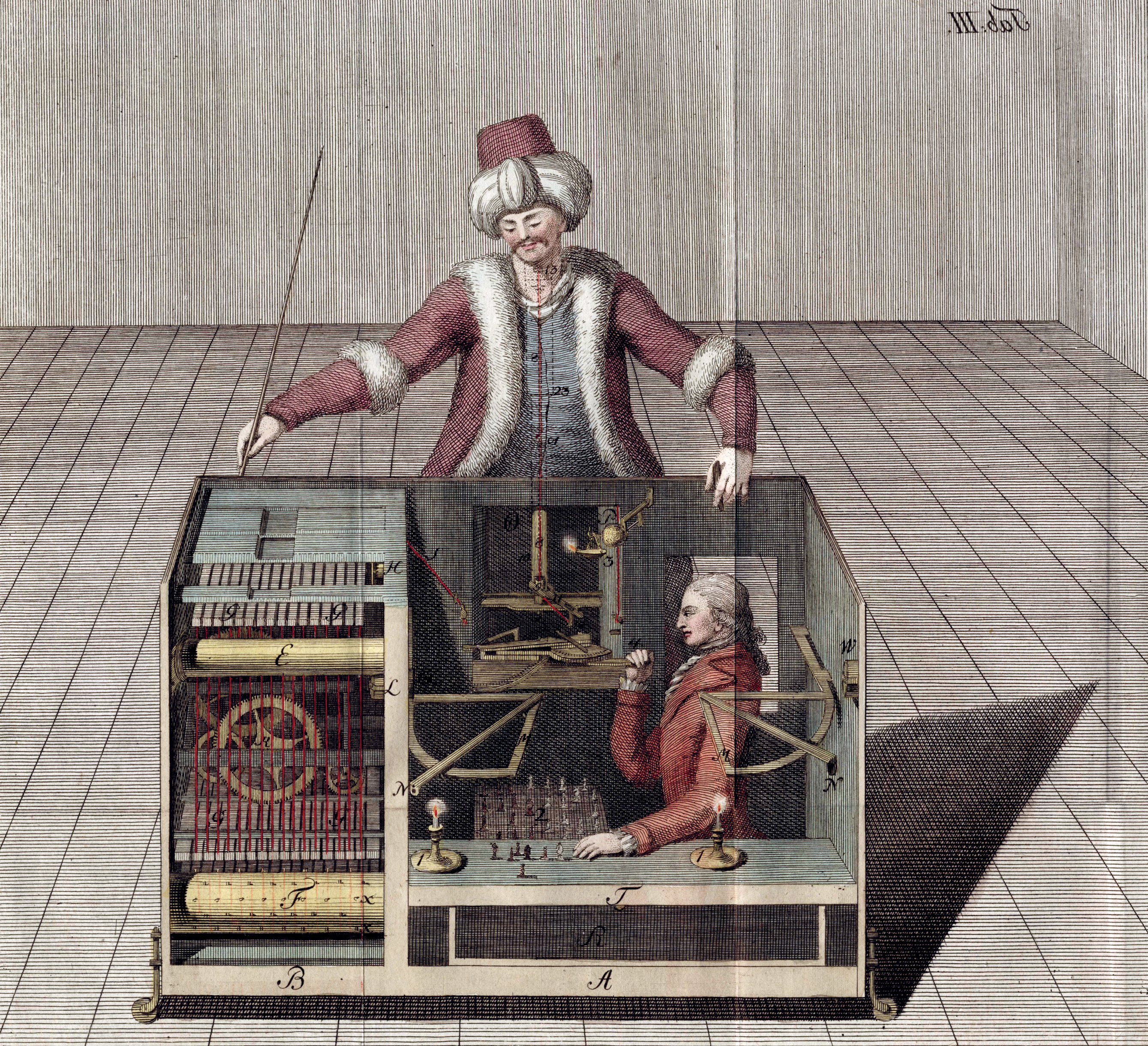“You don’t age because you grow older — you age because you stop defending your sleep. Guard it like the last resource that still belongs entirely to you.”
- adaptationguide.com
The Ultimate Guide to Sleep and Aging: How to Protect Your Nights, Your Brain, and Your Future
Sleep isn’t just rest — it’s survival. As we age, our relationship with sleep changes in ways that can reshape everything from our mood and energy to our risk of dementia. At Adaptation Guide, where we cut through lifestyle fluff and bring you survival-level health strategies, here’s the truth: sleep is not optional, and protecting it as you age is one of the smartest investments you can make in your future.
Why Sleep Gets Harder With Age
By your 40s, you may already notice it: lighter sleep, more awakenings, earlier mornings. Research from leading sleep laboratories shows that by our mid-60s, many people — even in good health — spend little to no time in deep, restorative sleep. Why?
Two key biological systems, once powerful in our younger years, weaken with age:
-
Sleep Drive: Think of it as the pressure to sleep. The longer you’re awake, the stronger it should get. But with age, this drive gets sluggish, leaving us with fewer deep-sleep stages.
-
Biological Clock (Circadian Rhythm): Your internal timekeeper, telling your body when it’s time to be awake and when to rest. With age, this clock shifts earlier and loses power, making you prone to early rising, daytime drowsiness, and disrupted nights.
Add to that increased sensitivity to stress, noise, jet lag, and shift work — and sleep becomes a fragile ecosystem.
The Hidden Health Costs of Poor Sleep
Sleep problems aren’t just annoying — they’re dangerous. Here’s what the science says:
-
Sleep Apnea: Strongly linked to aging. It fragments sleep, deprives the brain of oxygen, and skyrockets risks of high blood pressure, heart disease, and stroke. It also accelerates memory decline.
-
Brain Health & Alzheimer’s:
-
Dr. Arsenio Páez (Concordia University) found that declines in sleep spindles and slow waves — the deep brain rhythms of sleep — are tied to the buildup of Alzheimer’s-related proteins.
-
Dr. Andrée-Ann Baril (Centre for Advanced Research in Sleep Medicine) linked poor sleep + high inflammation over 13 years to greater dementia risk. The kicker? Sleep itself is anti-inflammatory. Good sleep literally calms the body’s alarm system.
-
Translation: bad sleep isn’t just making you cranky — it’s reshaping your brain’s future.
How Much Sleep Do You Really Need?
The guidelines don’t change much with age:
-
Adults 18–64 → 7–9 hours per night
-
Adults 65+ → 7–8 hours per night
But because sleep gets more fragmented as we age, those hours may need to be “topped up” with strategic daytime naps.
The Adaptation Guide: Protecting Your Sleep As You Age
Here’s how to work with your aging biology instead of against it:
1. Sync With Your Body Clock
If you’re getting sleepy earlier in the evening, stop fighting it. Go to bed earlier and protect those hours — you’ll wake up earlier, yes, but you’ll actually preserve more total sleep time.
2. Guard Your Schedule
Retirement might mean freedom from alarm clocks, but that doesn’t mean chaos. A stable bedtime and wake-up time are critical. Research shows that sleep regularity protects both physical and brain health.
3. Nap Like a Pro
If your nights are fragmented, naps can help — but do it right:
-
Keep them short (10–30 minutes).
-
Keep them early (before 3 p.m.).
-
Use them as a supplement, not a replacement.
4. Treat Insomnia Like a Real Disorder
Struggling 3+ nights a week for more than 3 months? That’s insomnia disorder, not just “getting older.” Forget pills — the gold standard is CBT-I (Cognitive Behavioral Therapy for Insomnia), which is highly effective for older adults.
5. Don’t Ignore Sleep Apnea
Snoring like a chainsaw? Waking up tired despite 8 hours in bed? That’s a red flag. Ask for a sleep study. Treatments like CPAP can be life-changing — literally saving your brain and your heart.
Lifestyle Hacks to Boost Sleep Resilience
-
Cut the caffeine earlier. Afternoon lattes hit harder as sleep drive weakens.
-
Get morning light. Sunlight anchors your circadian clock.
-
Move daily. Exercise boosts deep sleep but avoid late-night workouts.
-
Create a wind-down ritual. Stretching, reading, or music — train your brain to recognize “sleep mode.”
-
Defend your environment. Darkness, cool temperature (around 18–20°C / 65–68°F), and silence are non-negotiable.
The Big Picture
Aging will change your sleep. That’s biology. But surrendering to bad sleep is not your fate. Protecting your nights isn’t vanity — it’s strategy. Good sleep is anti-inflammatory, memory-preserving, and brain-protective. It’s your best defense against aging’s sharpest edges.
At Adaptation Guide, we’ll say it straight: Sleep is survival. Guard it like your life depends on it — because in many ways, it does.
✅ Key Takeaway: Work with your biology, not against it. Aging weakens sleep drive and circadian rhythm, but with the right strategies, you can preserve quality rest, safeguard your brain, and age with resilience.
📌 Further reading:


No comments:
Post a Comment